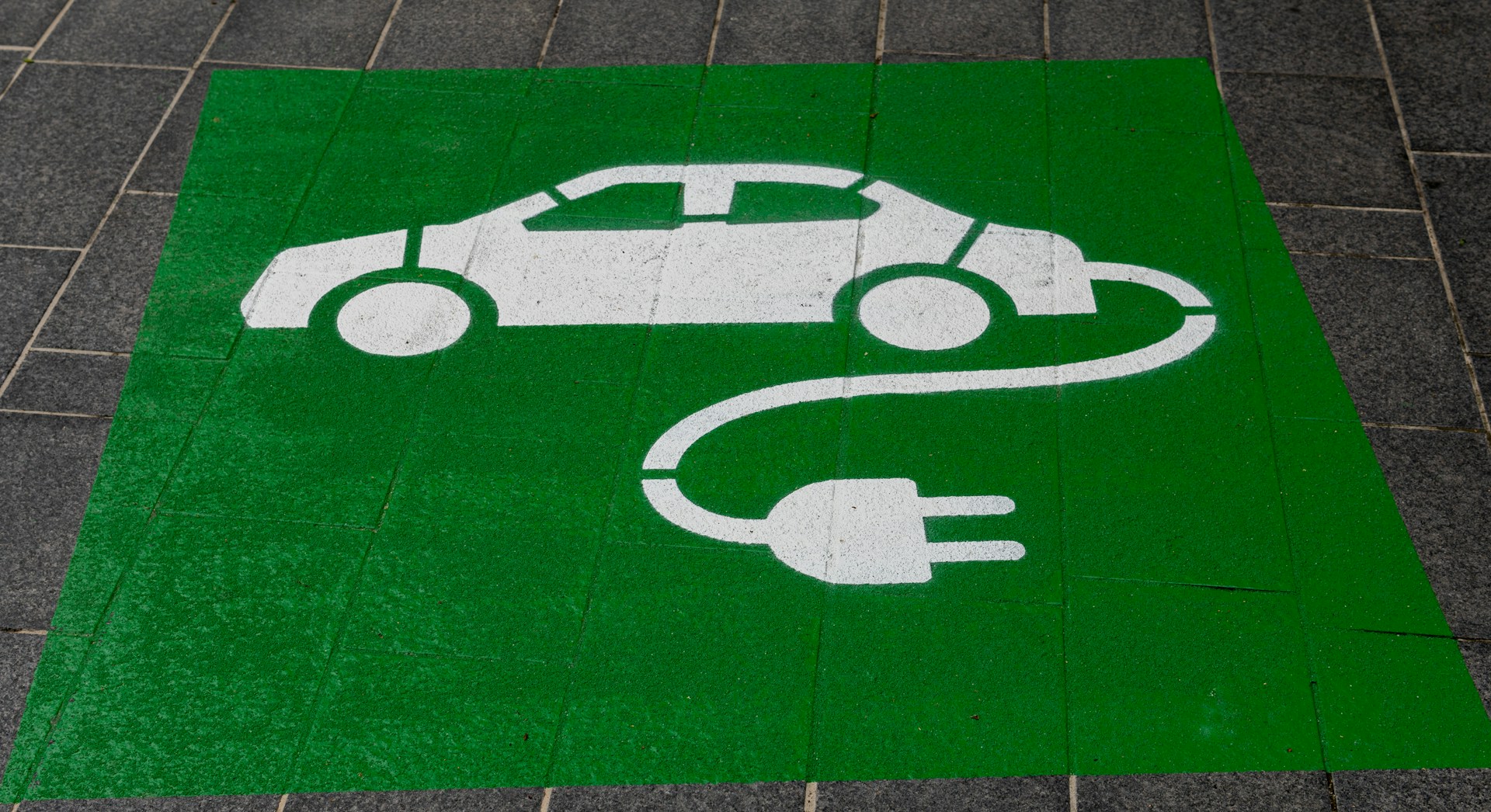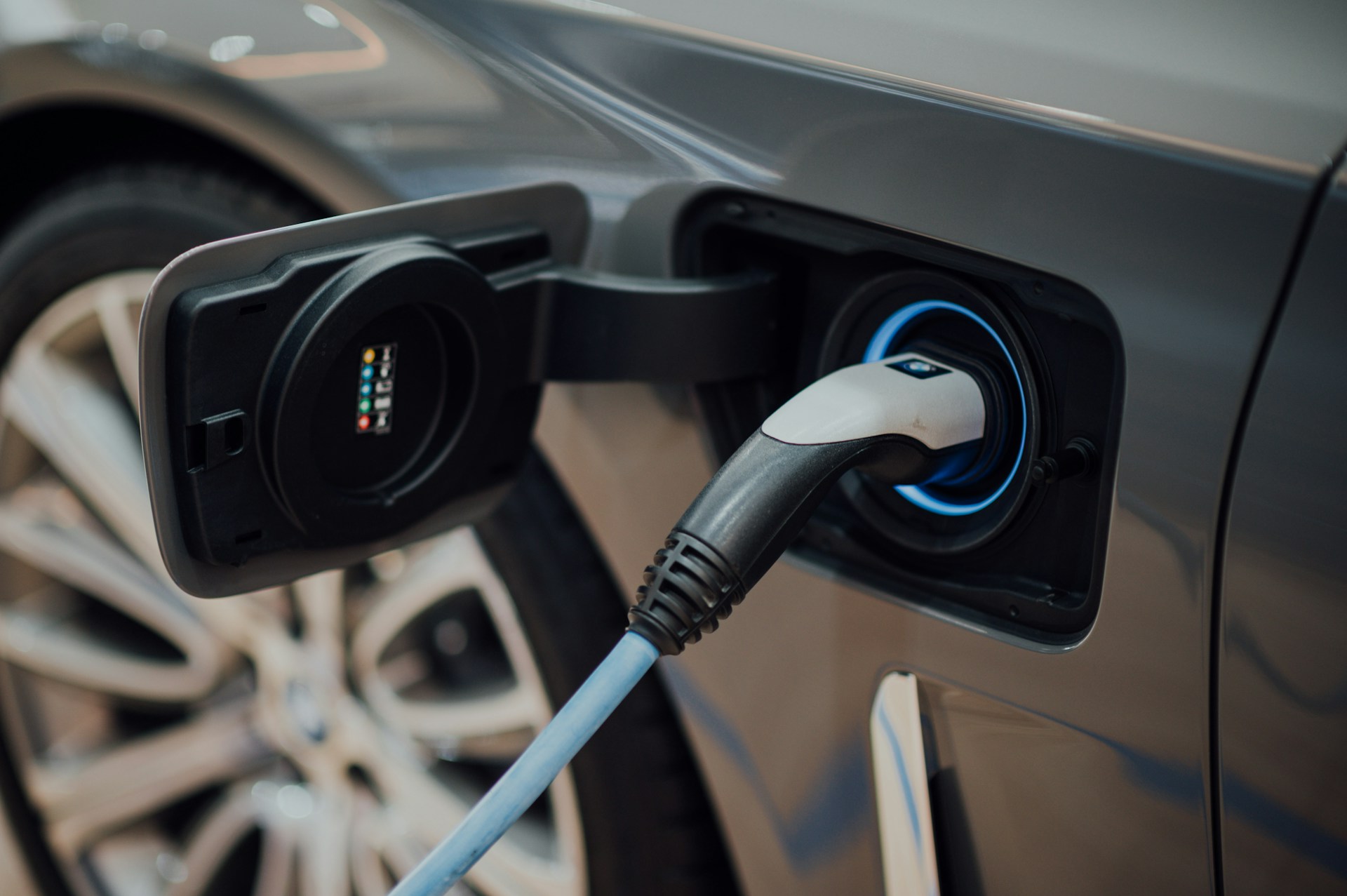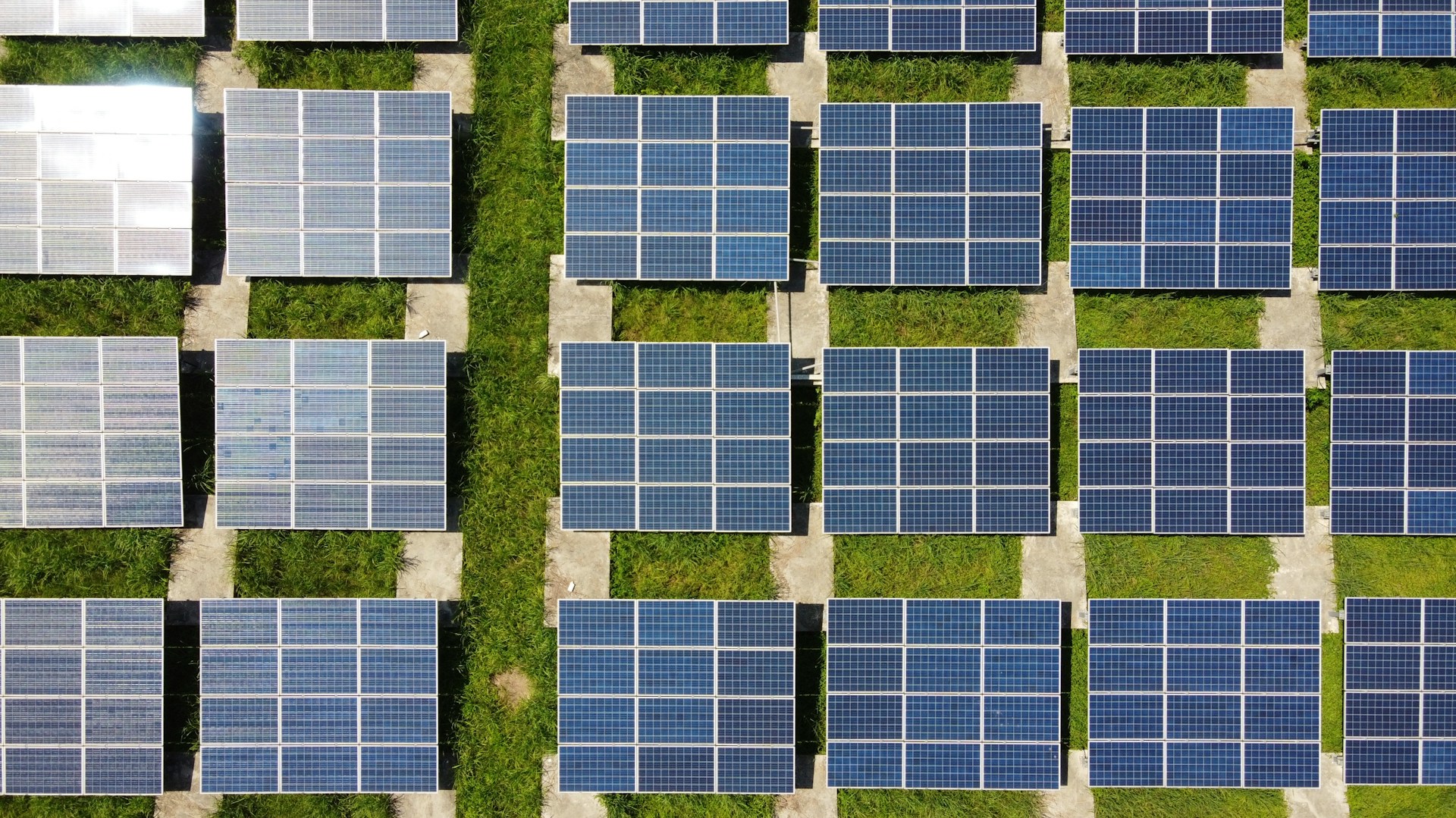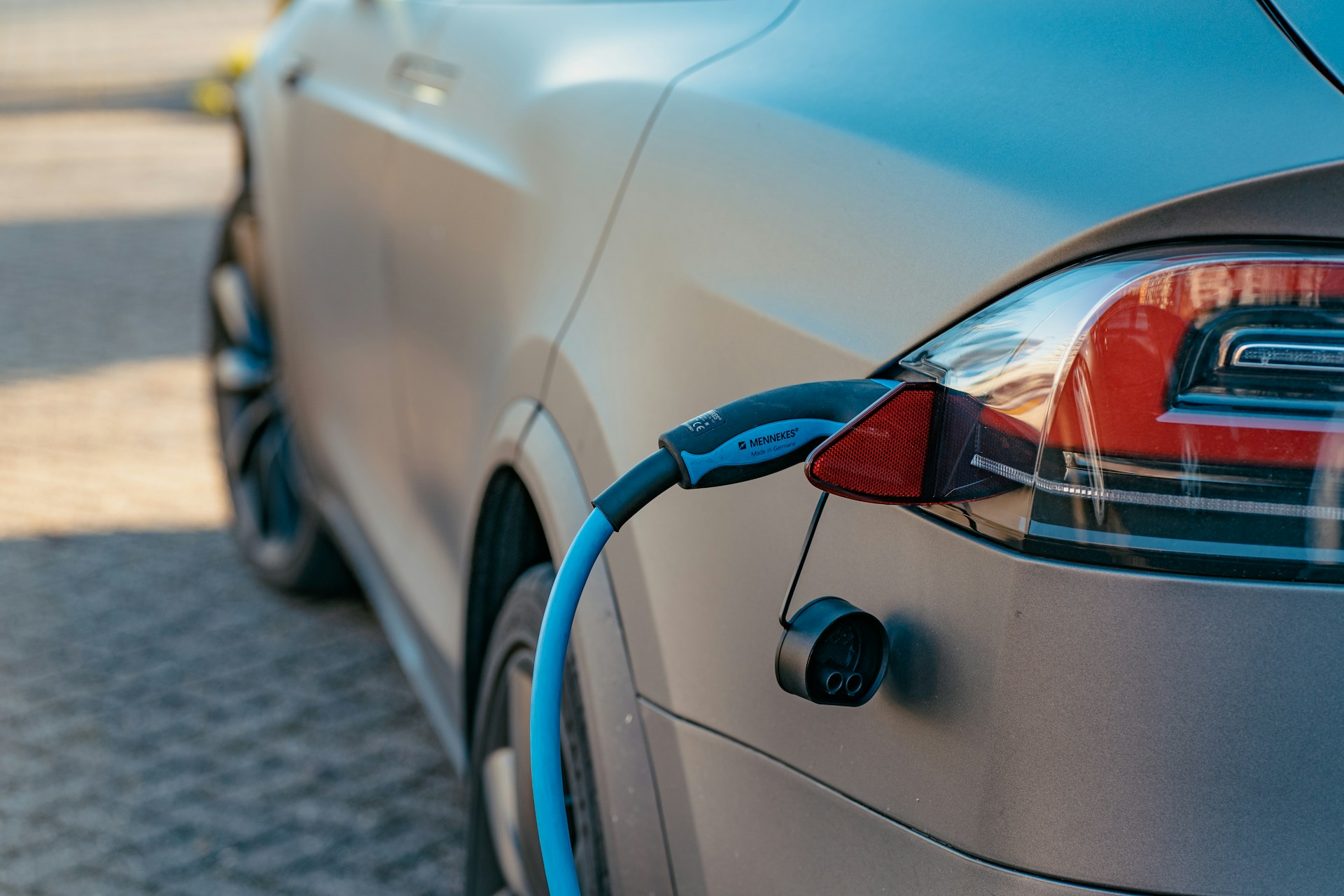U.S. News
EVs Pay Off Carbon Costs Quickly, Beating Gas Cars Long Term: Study
By Jake Beardslee · November 2, 2025

Energy-Intensive Beginnings Quickly Outweighed by Long-Term Benefits
While the production of electric vehicles (EVs) and their batteries demands significant energy, a new study finds that the environmental advantages emerge swiftly. According to research published Wednesday in PLOS Climate by Northern Arizona University and Duke University scientists, EVs generate fewer overall emissions than gas-powered cars within just two years of use.The analysis concluded that gas-powered vehicles cause at least twice as much environmental harm over their lifetimes as EVs. Researchers expect the benefits of EV adoption to grow as cleaner energy sources—such as solar and wind—expand across the grid. Michael Marais / Unsplash

Understanding the Study’s Findings
The study evaluated multiple pollutants tracked by the Environmental Protection Agency, comparing the emissions impact of EVs and traditional internal combustion vehicles over time. It found that EVs initially emit about 30% more carbon dioxide during their first two years due to the energy-intensive battery manufacturing process, particularly from lithium mining.However, co-author Drew Shindell, an earth science professor at Duke University, said the early emissions are short-lived. “While there is a bigger carbon footprint in the very short term because of the manufacturing process in creating the batteries for electric vehicles, very quickly you come out ahead in CO₂ emissions by year three and then for all of the rest of the vehicle lifetime, you’re far ahead and so cumulatively much lower carbon footprint,” Shindell explained, according to The Associated Press. Matthias Heyde / Unsplash

Modeling Future Scenarios
Researchers examined four potential EV adoption models for the U.S. through 2050, ranging from 31% to 75% of new car sales. With EVs representing about 8% of new U.S. vehicle sales in 2024, the models projected steady carbon reductions as adoption increases.On average, for every additional kilowatt-hour of lithium-ion battery capacity, carbon dioxide emissions are expected to fall by 220 kilograms (485 pounds) by 2030 and another 127 kilograms (280 pounds) by 2050. Lead author Pankaj Sadavarte, a postdoctoral researcher at Northern Arizona University, noted that these reductions are “not only driven by the on-road vehicles, but also reduction that has been brought due to electricity production.” CHUTTERSNAP / Unsplash

Expert Endorsement of the Findings
Independent experts praised the study’s conclusions. Greg Keoleian, a sustainable systems professor at the University of Michigan who was not involved in the research, called it a “valuable study” that “confirms the environmental and economic benefits” of electric vehicles, the AP reported.“Accelerating the adoption of battery electric vehicles is a key strategy for decarbonizing the transportation sector which will reduce future damages and costs of climate change,” Keoleian added. Noah Buscher / Unsplash

Cleaner Power Grid Expected to Strengthen Results
Shindell expressed optimism about the future of the energy grid. “When you add a bunch of electric vehicles, nobody’s going to build new coal-fired power plants to run these things because coal is really expensive compared to renewables,” he said. “So the grid just overall becomes much cleaner in both the terms of carbon emissions for climate change, and for air pollution.” Anders J / Unsplash
Policy Shifts Threaten Momentum
The findings arrive at a challenging time for EVs in the U.S., as federal policy has shifted away from strong EV incentives. Former President Joe Biden had targeted 50% of new vehicle sales to be electric by 2030, but President Donald Trump has reversed those measures, ending federal EV tax credits and halting nationwide charging infrastructure expansion.Shindell criticized the policy reversal, saying, “The study is important to show how really misguided the current administration’s policies are. If we want to protect us from climate change and from the very clear and local damage from poor air quality, this is a really clear way to do it: Incentivize the switch from internal combustion engines to EVs.” Ernest Ojeh / Unsplash